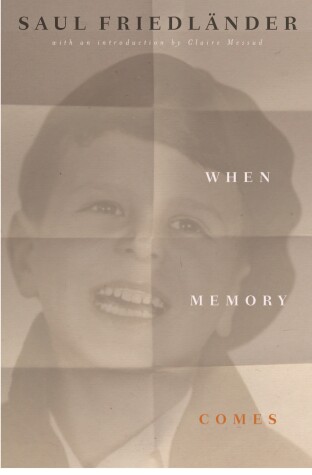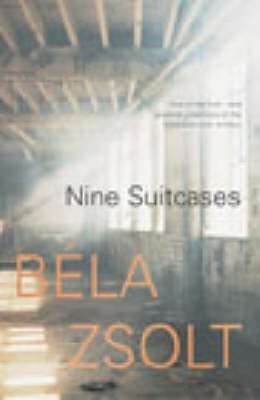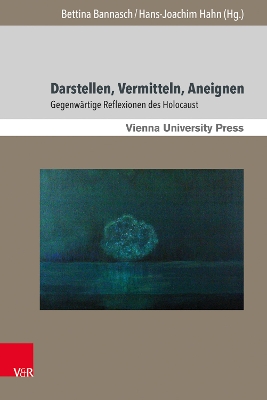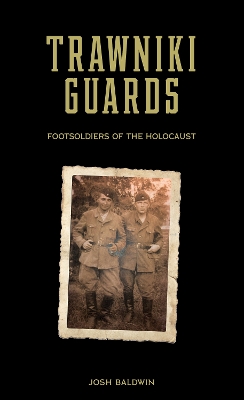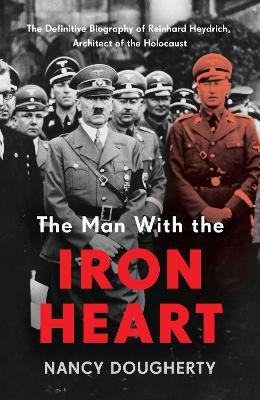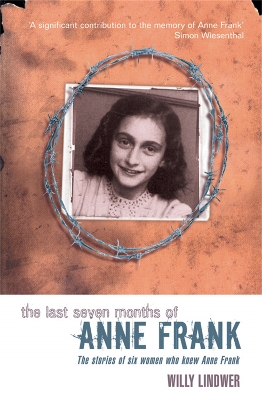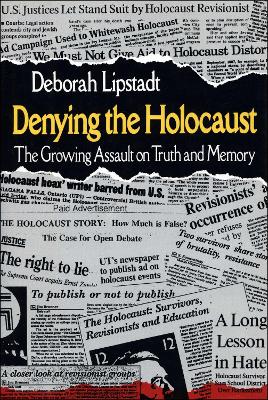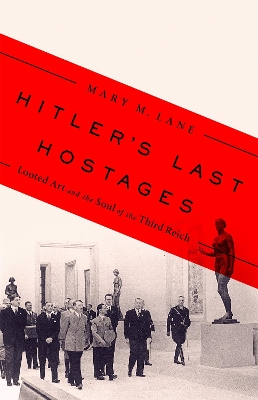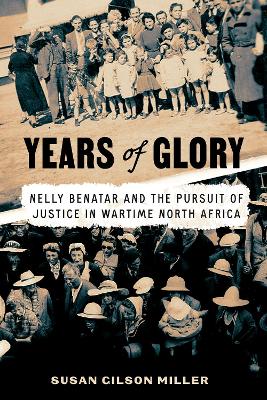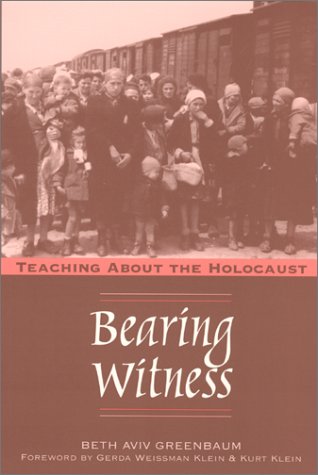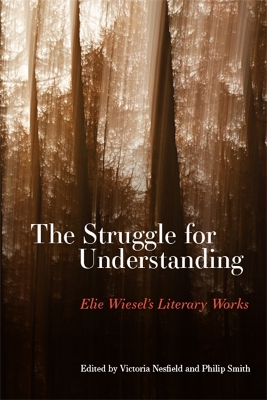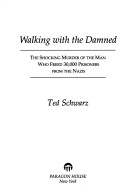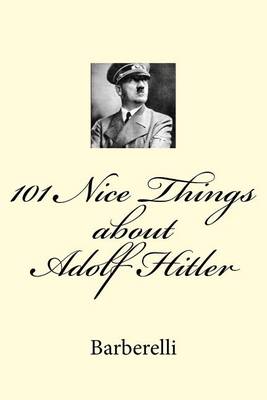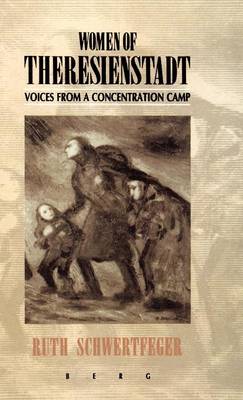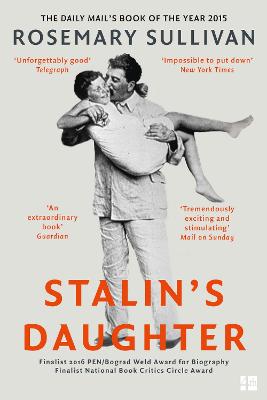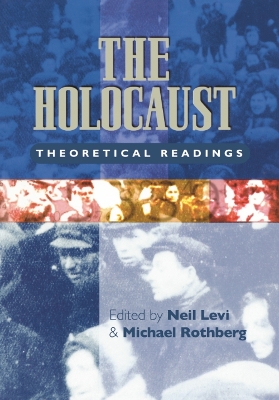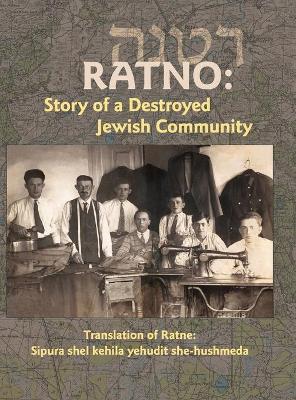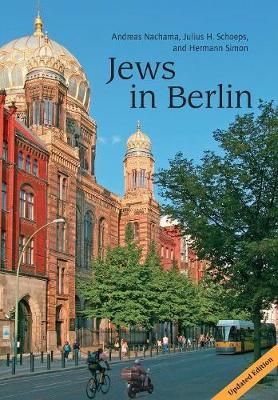A classic of Holocaust literature, the eloquent, acclaimed memoir of childhood by a Pulitzer-winning historian, now reissued with a new introduction by Claire Messud Four months before Hitler came to power, Saul Friedländer was born in Prague to a middle-class Jewish family. In 1939, seven-year-old Saul and his family were forced to flee to France, where they lived through the German Occupation, until his parents' ill-fated attempt to flee to Switzerland. They were able to hide their son in...
Die Shoah Im Spiegel OEffentlicher Konflikte in Polen
by Stephanie Kowitz-Harms
Concentrating on his experiences in the ghetto of Nagyvarad and as a forced labourer in the Ukraine, Zsolt provides a rare insight into Hungarian fascism, but also a shocking exposure of the cruelty, indifference, selfishness, cowardice and betrayal of which human beings are capable in extreme circumstances.
This is a study of some of the rank-and-file men, the foot soldiers, who carried out the "Final Solution." The Trawniki concentration camp in Poland was used by the SS to train more than 5,000 men in the execution of mass murder. Of these 5,000, most were eastern Europeans recruited from POW camps, including a large Ukrainian contingent. “Trawnikis” were distributed throughout the concentration camp system, with particular prominence in the extermination camps of Aktion Reinhard. Trawnikis forme...
A fascinating portrait of Reinhard Heydrich, one of the darkest figures of Hitler's elite, featuring words with those who knew him best, including in-depth and rare interviews with his wife, Lina. He was called the 'Hangman of the Gestapo' and the 'Butcher of Prague'. He had a reputation as a ruthlessly efficient killer and was known as an exemplar of Nazi ideals. He was the head of the SS and the Gestapo, second in command to Heinrich Himmler and supposedly in line to succeed the Fuhrer. His...
Everyone knows the story of Anne Frank – the extraordinary Diary that she wrote during her two years in hiding in the Secret Annexe. But few know how that story ended. Here six women whose lives touched Anne Frank’s in her final months tell their story – of the terrible journey east to Auschwitz, of the daily privations and terror of the death camps, and of the friendships and courage that transcended even the most vile conditions. Anne Frank’s story did not end with the last words in her Diary;...
The denial of the Holocaust has no more credibility than the assertion that the earth is flat. Yet there are those who insist that the death of six million Jews in Nazi concentration camps is nothing but a hoax perpetrated by a powerful Zionist conspiracy. Sixty years ago, such notions were the province of pseudohistorians who argued that Hitler never meant to kill the Jews, and that only a few hundred thousand died in the camps from disease; they also argued that the Allied bombings of Dresden...
The story of art is integral to the story of the rise of Nazi Germany. Adolf Hitler, an artist himself, was obsessed with art--in particular, the aesthetic of a purified regime, scoured of "degenerate" influences that characterized Germany during the 1920s and 1930s.The Germany of Cabaret, hyperinflation, and Rosa Luxemburg was a society in turmoil, and among those who reveled in the discord were a generation of artists for whom art was a political weapon. They were fierce, inspired, and rebelli...
The compelling true story of Nelly Benatar—a hero of the anti-Fascist North African resistance and humanitarian who changed the course of history for the "last million" escaping the Second World War. When France fell to Hitler's armies in June 1940, a flood of refugees fleeing Nazi terror quickly overwhelmed Europe's borders and spilled across the Mediterranean to North Africa, touching off a humanitarian crisis of dizzying proportions. Nelly Benatar, a highly regarded Casablancan Jewish lawyer,...
The Struggle for Understanding (SUNY series in Contemporary Jewish Literature and Culture)
Discusses the process of the economic annihilation of the Jews in Hungary, who- from the economic point of view - were more influential than any other Jewish community in Europe. Following the German occupation in March 1944 the collaborating Hungarian government attempted to assert its claim concerning the complete confiscation of Jewish assets at all stages of the road leading to the extermination camps. The cooperation with the Germans proved to be the most problematic in this area. The story...
Ruth SchwertfegerThis is the first book in English on Theresienstadt (Terezin) concentration camp in former Czechoslovakia and the only one of its kind which focuses on the women who were forced to live in it. Interwoven with the description of everyday life in the camp are memoirs and poems selected from the work of over twenty women. Carefully translated into English, these testimonies form an extraordinary and moving collection.
Winner of the Hilary Weston Writers' Trust Prize for Non-FictionA New York Times Notable Book of 2015 A painstakingly researched, revelatory biography of Svetlana Stalin, a woman fated to live her life in the shadow of one of history's most monstrous dictators - her father, Josef Stalin. Born in the early years of the Soviet Union, Svetlana Stalin spent her youth inside the walls of the Kremlin. Communist Party privilege protected her from the mass starvation and purges that...
The first anthology to address the relationship between the events of the Nazi genocide and the intellectual concerns of contemporary literary and cultural theory in one substantial and indispensable volume. This agenda-setting reader brings together both classic and new theoretical writings. Wide in its thematic scope, it covers such vital questions as: * Authenticity and experience * Memory and trauma * Historiography and the philosophy of history * Fascism and Nazi antisemitism * Representati...
